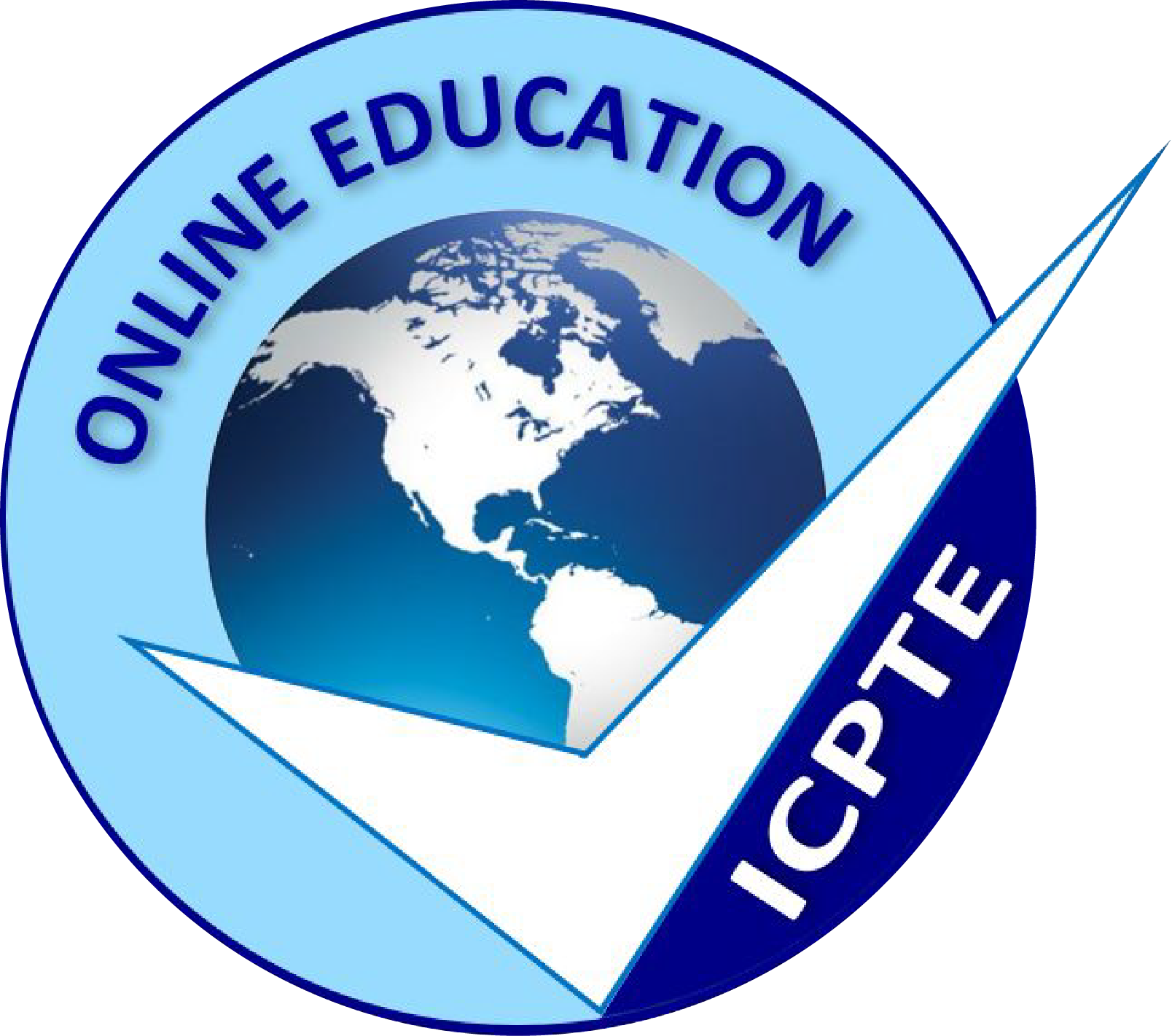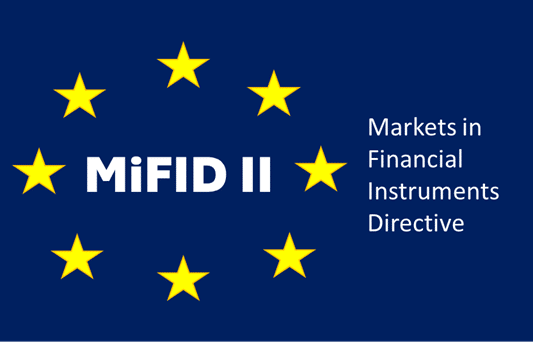The Institute of Continuous Professional Training and Education (ICPTE) offers an extensive variety of Self-Paced Online and Live Online seminars created by Professional and qualified Instructors with years of experience in their field.
The ICPTE platform offers the flexibility to watch online self-paced seminars at Your own convenience, at Your own pace, in Your own time and place. Start watching a seminar today and complete it at Your own time. You can have access from anywhere. All self-paced online seminars are in the form of PowerPoint presentations and a number of them includes video.
MiFID II Cyprus 2025 | Key Compliance Rules for Finance Professionals
Introduction
Since its introduction in 2018, the Markets in Financial Instruments Directive II (MiFID II) has reshaped the financial services sector across the EU. For finance professionals in Cyprus, this regulatory framework is central to daily operations, influencing investment advice, product governance, reporting standards, and investor protection.
As a member of the European Union, Cyprus applies MiFID II rules through the Cyprus Securities and Exchange Commission (CySEC), which supervises investment firms, financial advisers, and intermediaries. For professionals, understanding MiFID II isn’t just a compliance obligation – it’s critical to building trust with clients, avoiding regulatory sanctions, and advancing your career.
This article provides a clear, practical explanation of MiFID II, focusing on what Cyprus finance professionals must know in 2025.
What is MiFID II?
MiFID II is an EU directive designed to regulate financial markets, increase transparency, and protect investors. It applies to:
- Investment firms (Cyprus Investment Firms – CIFs)
- Portfolio managers and advisers
- Brokerage services
- Trading venues and market operators
MiFID II goes beyond its predecessor, MiFID I (2007), by strengthening rules on investor protection, product governance, market transparency, and reporting obligations.
Why MiFID II Matters in Cyprus
Cyprus is a growing hub for investment services, forex brokers, and asset managers, making compliance with MiFID II vital. Professionals working in the sector must:
- Demonstrate knowledge and competence through CPD/CPT hours.
- Apply product governance frameworks when offering investment products.
- Follow stringent reporting and transparency rules.
- Uphold high standards of investor protection, especially for retail clients.
Failure to comply can result in fines, license restrictions, or reputational damage for both firms and individuals.
Key MiFID II Requirements for Cyprus Professionals
1. Investor Protection
- Firms must ensure investment products are suitable for clients.
- Appropriateness tests: Assess whether a client understands the risks of complex products.
- Suitability assessments: Match products to clients’ objectives, financial situation, and knowledge.
2. Product Governance
- Firms must design and distribute products only for identified target markets.
- Regular review of product performance and customer outcomes is required.
- Mis-selling can lead to regulatory penalties.
3. Transparency and Reporting
- Pre-trade transparency: Disclose prices and trading volumes.
- Post-trade transparency: Report details of completed transactions.
- Transaction reporting: Firms must report trades to CySEC and ESMA within tight deadlines.
4. Costs and Charges Disclosure
- All costs—commissions, fees, spreads—must be disclosed to clients in advance.
- Firms must provide a clear breakdown of ongoing charges.
- Professionals must ensure communications are fair, clear, and not misleading.
5. Record-Keeping
- Firms must keep detailed records of investment advice, transactions, and communications.
- This includes telephone calls, emails, and online interactions.
- Records must be retained for at least five years (in some cases, up to seven).
6. Research and Inducements
- Firms cannot accept inducements (e.g., free research, commissions) unless it benefits the client.
- Independent investment advisers must demonstrate conflict-free advice.
MiFID II Knowledge and Competence Requirements
CySEC requires that professionals meet knowledge and competence standards under MiFID II. This means:
- Examinations and certifications for new professionals (e.g., CySEC Advanced/Basic exams).
- Ongoing CPD/CPT training hours in relevant fields (e.g., AML, MiFID II, product governance).
- Documented proof of training to demonstrate compliance during inspections.
For professionals, this creates a continuous need for high-quality, accredited training to maintain compliance.
Practical Challenges in Cyprus
Complexity of the Rules
MiFID II is detailed and highly technical, making interpretation difficult.
Client Communication
Explaining costs, risks, and product suitability to clients requires skill and clarity.
Cross-Border Services
Cyprus-based firms often serve clients across the EU, requiring strict alignment with pan-European standards.
Supervisory Expectations
CySEC has increased on-site inspections and thematic reviews, meaning firms must demonstrate compliance at all times.
Staying Compliant: The Role of Training
Why Training is Essential
- Regulators expect professionals to demonstrate up-to-date knowledge.
- Ongoing training ensures alignment with legal obligations.
- It reduces risks of personal liability for compliance breaches.
How Online CPD Helps
- Flexible: Courses can be completed without disrupting work schedules.
- Accredited: Training platforms like ICPTE provide CySEC-recognized CPD courses.
- Practical: Focused on real-world applications (e.g., conducting suitability assessments, reporting trades).
Core Topics for Cyprus Professionals
- MiFID II Investor Protection Rules
- Product Governance Frameworks
- Cost and Charges Disclosure
- Record-Keeping and Reporting
- AML and Cross-Regulation Overlaps
MiFID II and AML: The Overlap
MiFID II obligations often overlap with AML/CFT requirements, including:
- Customer due diligence (CDD) before investment services are provided.
- Monitoring for suspicious transactions.
- Enhanced obligations for high-risk clients and jurisdictions.
This means professionals must integrate both MiFID II and AML training into their compliance toolkit.
Future of MiFID II: Looking Ahead
- MiFID III? The EU is already reviewing MiFID II to simplify certain provisions.
- Technology and AI: Expect tighter regulation around algorithmic trading and robo-advisory services.
- Sustainable finance: Integration of ESG considerations into suitability and product governance rules.
- Greater transparency: Expansion of reporting obligations for cross-border services.
Professionals who stay ahead of these developments will not only remain compliant but also enhance their career prospects and client relationships.
Conclusion
MiFID II is a cornerstone of financial regulation in Cyprus and across the EU. For finance professionals, compliance is not just a regulatory box to tick – it is a professional standard that builds credibility and safeguards careers.
By focusing on investor protection, transparency, product governance, and ongoing training, Cyprus professionals can confidently navigate MiFID II’s complexities.
The best way to stay compliant in 2025 and beyond? Invest in structured, accredited CPD/CPT training that equips you with the tools to meet regulatory expectations while serving clients effectively.


